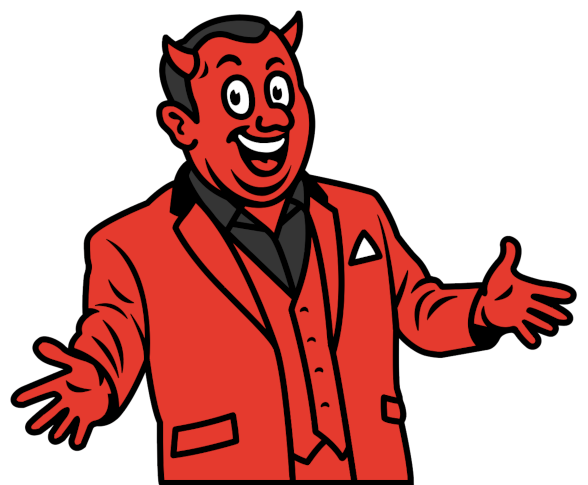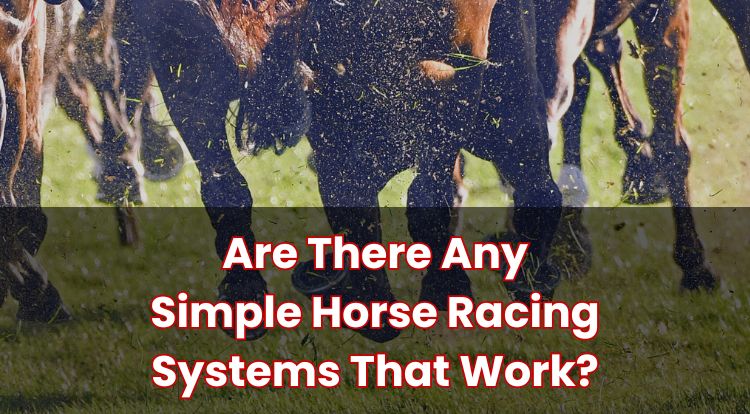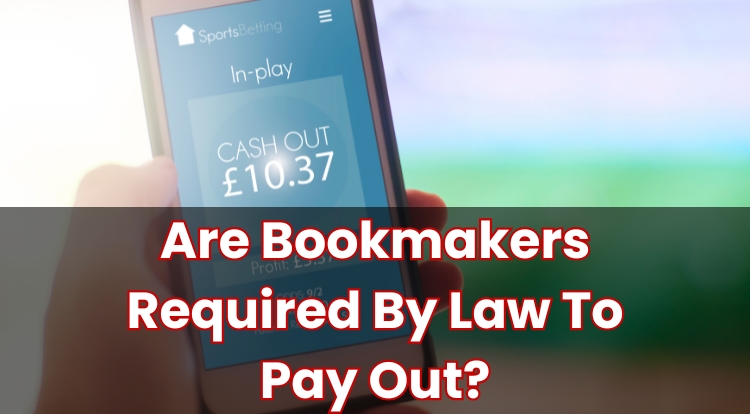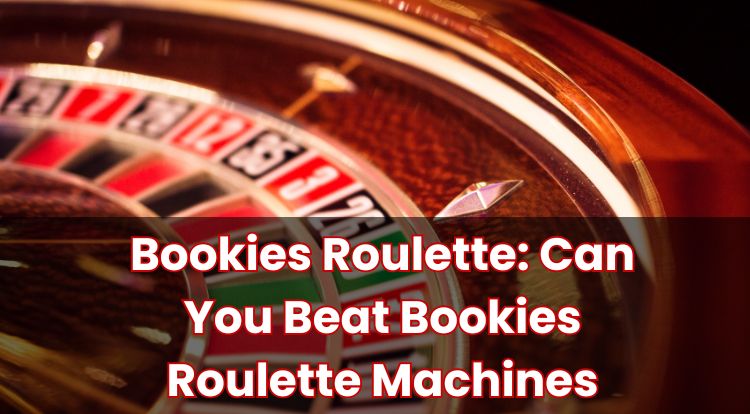When Do Bookies Pay Out on 4th Place?
If you’re new to horse racing bets, you might have noticed that some bookmakers offer payouts for finishing in 4th place, and wondered how this works. The rules might seem a bit unclear at first, especially as each bookmaker may do things differently.
Knowing when and why a 4th-place payout applies could potentially help you make more informed decisions with any future bets. Read on to learn more.
What Paying 4 Places Instead of 3 Means for Your Bet
A bookmaker paying out on 4 places, rather than the usual 3, affects how an each way bet works. Normally, an each way bet is split in two: one part for winning, the other for placing- which is usually 1st, 2nd, or 3rd.
In some races, particularly those with plenty of runners like The Grand National, bookies expand the number of places that count. If your horse comes 4th, you could potentially get a payout from the place part of your bet. The exact payout will depend on the odds and the terms set by the bookmaker, such as whether it’s 1/4 or 1/5 of the odds for a place finish.
Bookmakers announce these place terms ahead of each race. They don’t all offer the same terms, so it might be worth checking before you bet.
How Each-Way Terms Change With More Places
When a bookmaker offers to pay out on more places, the odds fraction for the ‘place’ part of each way bets is usually reduced. For instance, instead of paying 1/4 of the odds for a top-three finish, the bookie might pay 1/5 of the odds for top-four or top-five.
Bookmakers don’t always agree on the extra places or fractions. This is often most noticeable during big events like the Cheltenham Festival or Grand National, where special ‘extra place’ offers are popular.
You’ll find the details for each-way terms listed next to the race, in your bet slip, or in the race card online. Checking these before betting could help avoid misunderstandings about possible returns.
Minimum Runners Needed for 4 Places to Count
Bookies set a minimum number of runners for a race to qualify for 4-place payouts, usually 16 or more in UK handicaps. If 16 or more horses start, 4 places are likely to be offered. For fewer runners, only the top 3 (or even 2) may count.
Sometimes, during headline events, bookmakers promote additional places even if there aren’t 16 runners. These special offers will be clearly marked and aren’t standard policy.
If horses are withdrawn after you place a bet and the number drops below the required minimum, payout places may change. It could be a good idea to check on the day to confirm how many places pay out, as this can be found easily on the bookmaker’s website or in shop displays.
Why Some Races Only Pay 3 Places Instead
The number of places bookies pay out depends on how many horses run. In the UK, 8 to 15 runners usually means payouts go to top 3 finishers. This is especially common in non-handicap races or where smaller fields line up.
More places are only paid out when the field is larger because, with fewer horses, it wouldn’t make sense to have more payouts. Keeping it to the top 3 helps ensure fair and manageable odds for all punters.
Different types of races and events can also affect the number of places, so it might be wise to review the specific race terms before confirming your bet.
Extra Place Offers – How They Really Work
Extra place offers are most common during big events or peak racing periods. If you see a race labelled as an ‘extra place’ event, it means the bookmaker will pay more finishers- sometimes 4th, or even 5th place.
To support these offers, bookies usually pay out at a smaller fraction of the odds. You’ll often find these specials highlighted on betting sites, and sometimes they’re exclusive to online bets rather than shop wagers.
It’s easy to spot these deals, as races offering extra places are typically flagged on the race card or site banners. Always remember to gamble responsibly and within your means- never wager more than you can afford to lose.
Do Bookies Always Stick to 4 Places If Advertised?
While bookmakers regularly promote 4 places for selected races, they will amend these terms if there are late changes to the field. If the number of starters drops below the minimum required due to withdrawals, the offer may revert to the standard 3.
These changes are always governed by the bookmaker’s standing rules, which will be set out on the site or in-shop. Some promotions are also limited to certain events, types of bets, or channels (e.g., online only).
Having a final look at the terms just before you place your bet or as the race starts could be helpful to avoid any confusion.
How Much You Might Win for a 4th Place Finish
If you back a horse each way and it finishes 4th in a race paying 4 places, your return comes from the ‘place’ part of the bet. The amount you get relies on the odds you took and the proportion the bookmaker sets for a place finish.
Most UK bookmakers use either 1/5 or 1/4 of the odds for a place payout in these expanded each way races. If, for example, you bet £5 each way at 20/1 and the place terms are 1/5, you would win £20 from the place part (as detailed in the earlier example).
It could be a good idea to check the bookmaker’s latest terms, as race size, promotions, or changes to runners can affect the payout. This way, you’ll know exactly where you stand if your horse sneaks into 4th place.
**The information provided in this blog is intended for educational purposes and should not be construed as betting advice or a guarantee of success. Always gamble responsibly.
*All values (Bet Levels, Maximum Wins etc.) mentioned in relation to these games are subject to change at any time. Game features mentioned may not be available in some jurisdictions.





